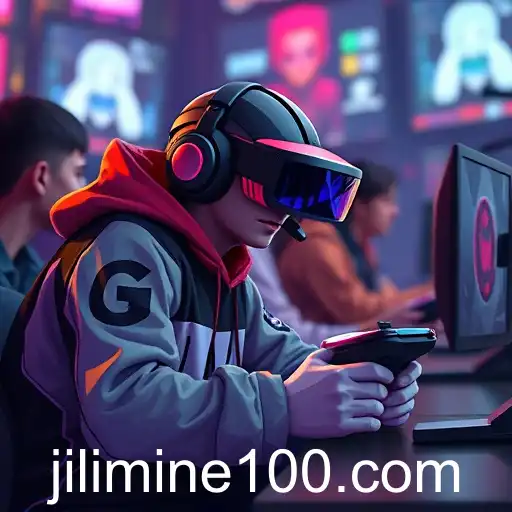
In recent years, the gaming industry has experienced a dynamic evolution, becoming an integral part of popular culture. Platforms such as 'jilimine' have played a significant role in transforming how users engage with games, providing not just entertainment but also a community-oriented experience. As we analyze the current landscape, we observe that gaming has moved far beyond simple pastime activities and has influenced various aspects of our social and cultural fabric.
The rise of online gaming websites like jilimine signifies a shift towards more inclusive and interactive forms of entertainment. These platforms offer diverse gaming options, catering to a wide range of audiences from casual gamers to hardcore enthusiasts. This inclusivity has opened the doors for a more democratized gaming space where players from different backgrounds can connect over shared interests.
Moreover, the impact of gaming trends is evident in other sectors such as fashion, with gaming-themed apparel becoming increasingly popular. Additionally, the incorporation of game mechanics into non-gaming environments, known as gamification, is another testament to the pervasive influence of gaming culture in education, business, and even health industries.
Commentators have noted that gaming is no longer a solitary experience, but a phenomenon that fosters collaboration, teamwork, and even career opportunities through avenues like eSports. This shift is reflected in how society perceives gaming today – not merely as a recreational activity but as a legitimate form of art and communication.
Looking forward, the future of gaming promises further innovation, with technologies like augmented reality and virtual reality paving the way for more immersive experiences. As platforms such as jilimine continue to evolve, we can anticipate that gaming will further embed itself into the contemporary cultural zeitgeist, continuing to shape our media consumption and interaction paradigms.


